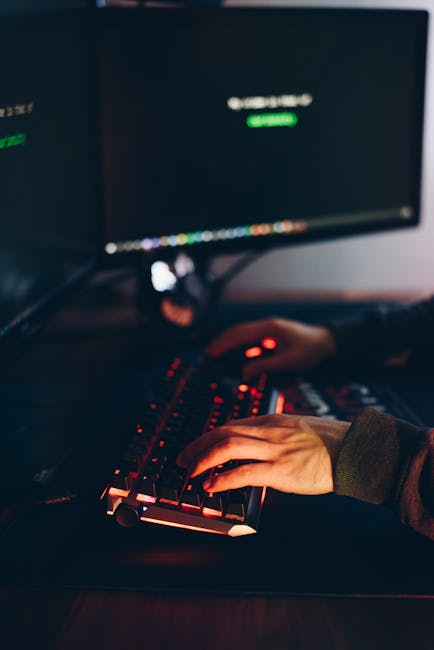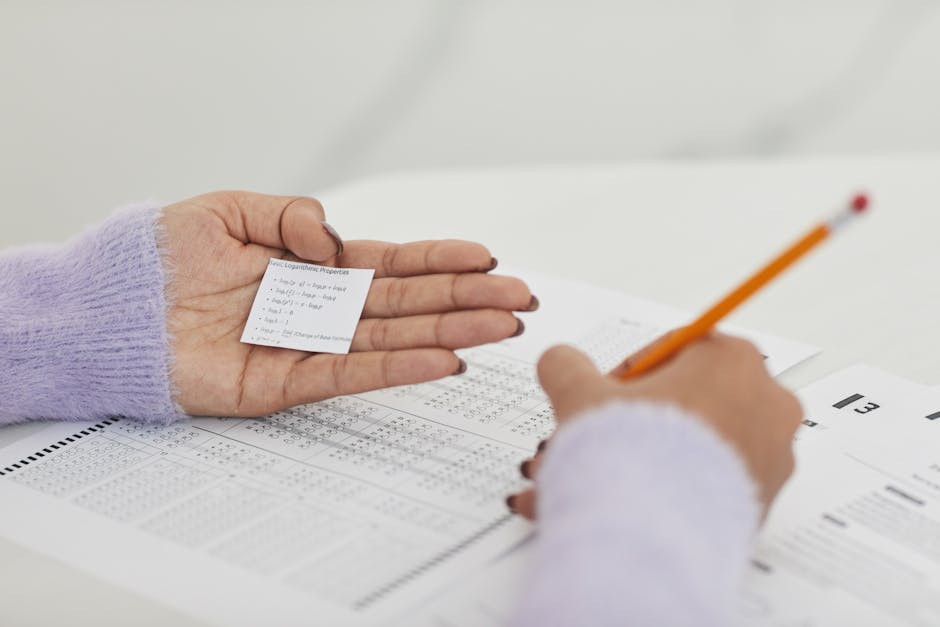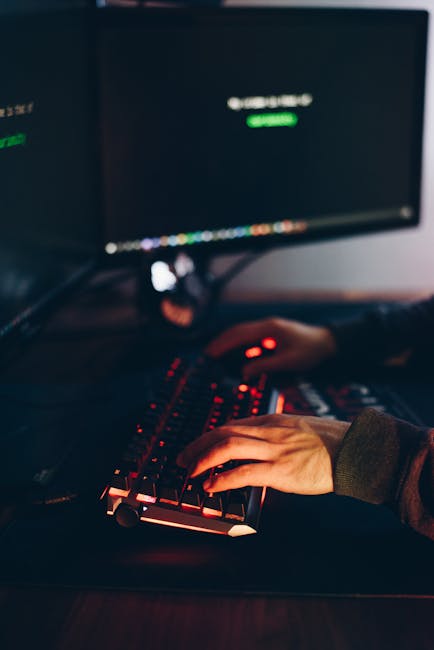Is Cheating Illegal in 2026? A Comprehensive Guide to Academic, Workplace, and Legal Ramifications
The question, “Is cheating illegal?” doesn’t have a simple yes or no answer. While there isn’t a single, overarching law against cheating itself, the illegality depends heavily on the context. Cheating encompasses a broad spectrum of dishonest behaviors, each with potential legal consequences varying by jurisdiction and specifics. This comprehensive guide explores the legality of cheating in various scenarios in 2026, encompassing academic dishonesty, workplace misconduct, and other forms of fraud.

Academic Cheating: Penalties and Legal Implications
Academic cheating, ranging from plagiarism to collusion and exam fraud, is rarely a criminal offense. However, educational institutions have their own codes of conduct and disciplinary processes. These processes can result in severe consequences, such as:
- Failing grades: The most common penalty for academic dishonesty.
- Suspension: Temporary removal from the institution.
- Expulsion: Permanent removal from the institution.
- Revocation of degrees: In extreme cases, already awarded degrees can be revoked.
- Disciplinary records: A permanent record of academic misconduct can impact future opportunities.
While not usually a criminal offense, the severity of the consequences can be significant, potentially derailing academic careers and future prospects. The specific penalties vary across institutions and depend on the nature and severity of the offense. Some institutions might also involve law enforcement if the cheating involved forgery or other criminal acts.
Workplace Cheating: Professional Consequences and Legal Actions
Workplace cheating, encompassing various forms of dishonesty, such as falsifying timesheets, plagiarism in reports, or misrepresenting qualifications, carries significantly more legal weight than academic cheating. Depending on the specific actions and their impact, the consequences can range from:
- Disciplinary action: Warnings, suspensions, or termination of employment.
- Civil lawsuits: Employers may sue employees for damages caused by their dishonest actions.
- Criminal charges: Depending on the severity and nature of the offense (e.g., embezzlement, fraud), criminal charges, including fines and imprisonment, are possible.
- Professional sanctions: In certain professions, licensing boards can revoke licenses or impose restrictions.
The potential for legal repercussions in the workplace is considerably higher due to the financial and reputational damage dishonesty can cause. Employers are legally obligated to maintain a fair and honest work environment, and cheating can be seen as a breach of contract or a violation of company policy.

Specific Types of Cheating and Their Legal Implications
Plagiarism
Plagiarism, presenting someone else’s work as your own, can have serious consequences, both academically and professionally. While not inherently illegal in a criminal sense, it can lead to disciplinary actions, lawsuits for copyright infringement (if applicable), and reputational damage.
Exam Fraud
Exam fraud, including cheating on tests, using unauthorized materials, or impersonating another person, can lead to significant penalties. Depending on the context, this could involve academic disciplinary actions or even criminal charges if it involves forgery or deception that impacts legal documents or financial transactions.
Fraudulent Misrepresentation
In the workplace, fraudulent misrepresentation of qualifications, experience, or credentials can lead to serious legal ramifications. Employers may sue for damages incurred due to the misrepresentation, and in some cases, criminal charges might be filed.
Data Falsification
Manipulating or falsifying data in research, scientific studies, or business reports can have severe consequences, depending on the context. This can result in disciplinary actions, retraction of publications, lawsuits, and potential criminal charges if the falsification leads to financial losses or harm to others.

Technological Advancements and Cheating in 2026
Technology has significantly altered the landscape of cheating. AI-powered tools for essay writing and plagiarism detection are becoming more sophisticated. While these technologies aim to deter cheating, they also present new challenges in terms of detection and enforcement. The development of advanced AI detection methods will likely influence how institutions and employers address cheating in the future. New legislation might also be enacted to deal with sophisticated forms of cheating facilitated by AI.
The Future of Anti-Cheating Measures
In 2026 and beyond, we can expect to see a continued evolution in anti-cheating measures. This might include:
- Enhanced plagiarism detection software: More sophisticated tools capable of detecting even subtle forms of plagiarism.
- Proctoring technologies: Increased use of AI-powered proctoring systems for online exams.
- Blockchain technology: Utilizing blockchain to verify the authenticity of documents and credentials.
- Educational reforms: Focusing on teaching ethical conduct and promoting academic integrity.
Ultimately, the illegality of cheating in 2026, and beyond, remains context-dependent. While not always a criminal offense, the consequences of dishonest actions can be severe, ranging from academic penalties to legal repercussions and reputational damage. The increasing sophistication of technology continues to shape the fight against cheating, requiring ongoing adaptation and innovation in detection and prevention strategies.

